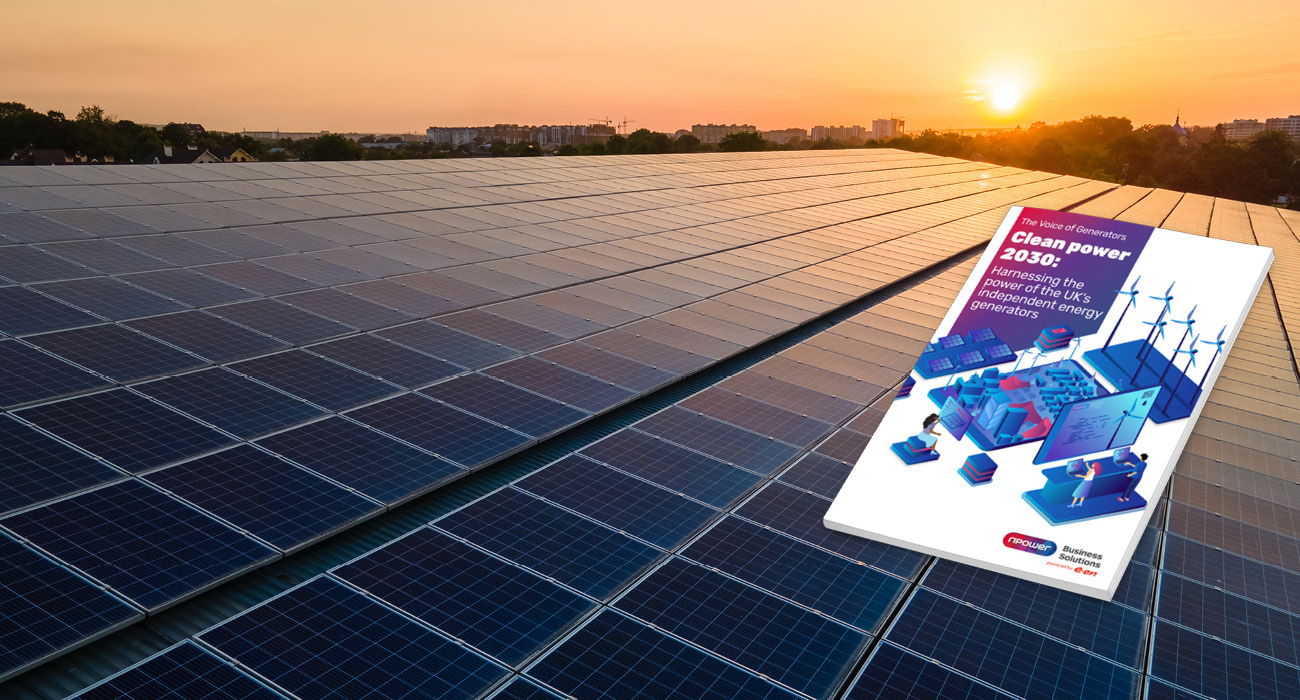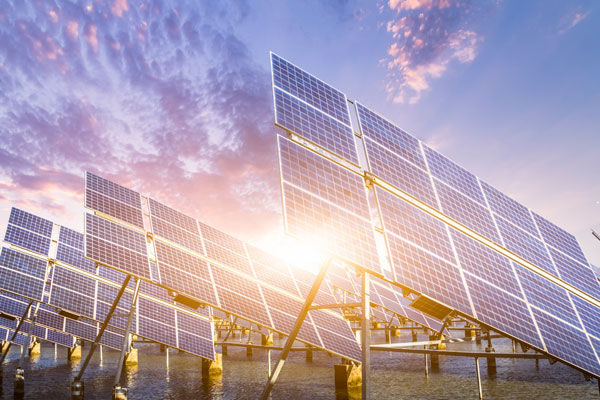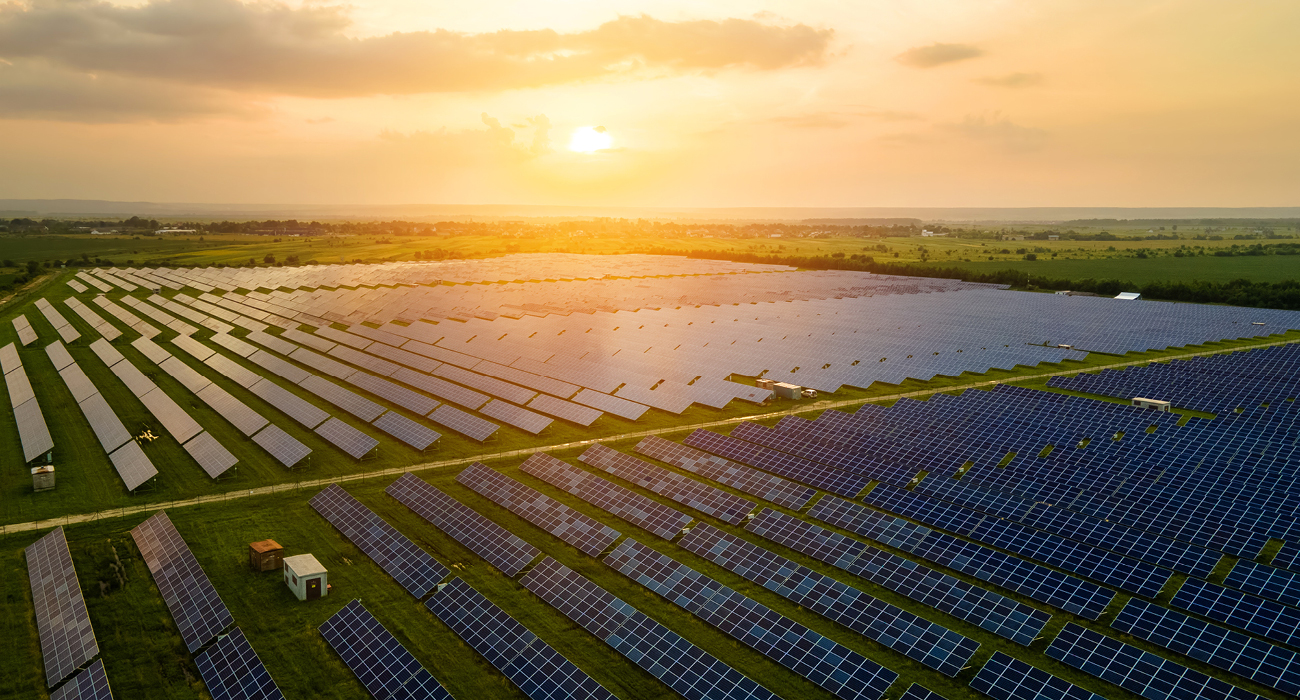At the end of July, the Department for Energy Security and Net Zero (DESNZ) published several new measures, which outline how it is planning to deliver on its energy security strategy for the UK.
Dubbed ‘Energy Week’, there are several areas that will be of interest to owners or operators of energy generation assets. The week of announcements included:
- Plans to grant hundreds of new oil and gas licences
- Confirmation of the third and fourth carbon capture usage and storage (CCUS) clusters in the UK
- A new Nuclear Skills Taskforce
- £22 million increase for the Contracts for Difference (CfD) scheme, taking the total budget to £227 million for this auction. This saw:
- Established technologies such as solar and offshore wind increase from £170 million to £190 million
- Emerging technologies such as floating offshore wind increase from £35 million to £37 million
- £10 million for tidal stream projects
Of particular relevance to independent generators was a roundtable discussion hosted by the Energy Secretary, Grant Shapps, where industry representatives from across renewables, oil and gas and nuclear outlined the pipeline of projects to be built across the UK over the next 10 years.
At this roundtable, the importance of collaborative working across the entire energy sector to boost the UK’s competitiveness and investment in homegrown clean energy was also discussed, which will ultimately reduce energy costs, and support progress towards net zero.
The vital role of independent energy generators
When it comes to renewable energy, in May this year, the UK hit a major milestone. According to National Grid ESO, on 15 May 2023, the UK produced its trillionth kilowatt hour (kWh) of electricity generated from renewable sources. It says that “while it took 50 years to reach this milestone, based on current projections it will take just over five years to reach the next trillionth kWh.”
Independent energy generators would have played a major role in this, both in terms of supplying power to support the grid, and supplying clean energy to commercial and public sector organisations.
Therefore, without doubt, harnessing the power of independent generation assets - including those situated on-site at commercial facilities - will be vital to help DESNZ realise its ambition of strengthening the UK’s energy independence and hitting decarbonisation targets.
In addition, for corporate energy buyers, independent generation assets can provide them with clean power when demand for renewables from the grid is outstripping supply.
The opportunity for independent generators
As a result, there is a real opportunity for independent energy generators to meet the demand from businesses by selling their energy to corporate energy buyers.
The best way for generators to get their power to eager businesses is via a fixed or flexible Power Purchase Agreement (PPA). If you own or operate an independent asset, our expert team can work with you to assess the best option, based on your output, type of supply, risk appetite and business objectives. Please contact our team, or download our guide to find out more.



/npm214%20Digital_H_UB99.jpg)
/npm214%20Digital_H_UB92.jpg)

/npm214%20Digital_H_UB136.jpg)
/npm214%20Digital_H_UB132.jpg)
/npm214%20Digital_H_UB101.jpg)

/Author%20Profile%20Stephens_Michelle_G-1.png)
